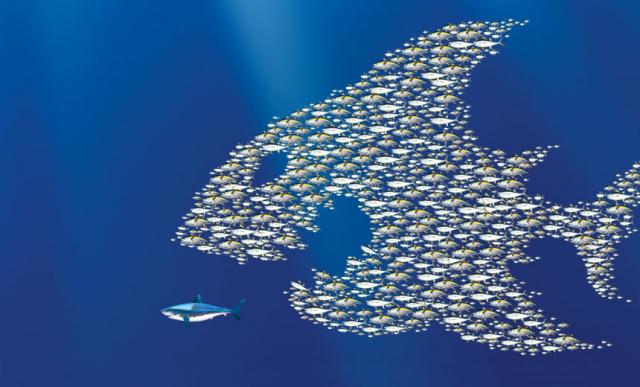Search
Democracy Links
Member's Off-site Blogs
Cybersecurity? The biggest online criminals are ... us
from Crikey …
Bernard Keane
There’s a peculiar contrast on display in the Australian media today, to do with national security and the internet.
Unlike other countries, and especially the United States, where there’s not merely been an extensive debate but a presidential panel review and legislative changes to curb the powers of spy agencies, the Snowden revelations have occasioned no debate in Australia. That Australia is complicit in a planetary-scale, multi-system mechanism of mass surveillance; that our own agencies have engaged in electronic surveillance of countries that are ostensibly our allies and close partners; that we have used electronic surveillance that is claimed to be used to defeat terrorism and our potential military opponents for economic advantage and to help US corporations: all these facts have been met with a conspiracy of silence from the major political parties here. Worse, the media has allowed both sides to get away with using national security as an excuse not to debate whether what Australia is engaged in is legal, moral or serves its national interests.
Further, most of the Australian media, with the honourable exception of the ABC, have stood silent while the former Australian Secret Intelligence Service officer who revealed the manifestly illegal bugging of the East Timorese cabinet, and his lawyer, have been harassed and threatened with jail by the government.
But when the government wants to talk about cybersecurity on its terms, the media is happy to fall into line. Thus, today, across most media outlets, you’ll find uncritical discussion of the government’s new cybersecurity strategy, even praise for what is portrayed as a muscular willingness to “hit back” at cyber attacks. The narrative is that Australia is beefing up its defences against our online enemies — terrorists, China, organised crime, etc, etc — and that business should do so as well and that citizens should be alert. Moreover, a statement of what we have always known — that Australia engages in cyber attacks of its own — is somehow seen as fresh and new. There’ll even be, amusingly, “a new minister assisting the prime minister on cyber security”.
Would that we’d get one-tenth of the coverage of revelations about Australia’s role as the south-east Asian and Pacific arm of the Five Eyes’ global mass surveillance system.
So here’s the missing context to today’s torrent of reportage and comment on cybersecurity and defending ourselves against the “malicious actors” of the world. We are the malicious actors. We are the bad guys. We are the biggest threat to online security in the world, through our vassal state role in the Five Eyes’ global surveillance system. And we are the ones causing damage.
What damage?
- By John Richardson at 22 Apr 2016 - 7:38am
- John Richardson's blog
- Login or register to post comments

Recent comments
7 hours 51 sec ago
7 hours 16 min ago
9 hours 3 min ago
9 hours 46 min ago
14 hours 29 min ago
15 hours 46 min ago
16 hours 26 min ago
17 hours 23 min ago
1 day 2 hours ago
1 day 2 hours ago